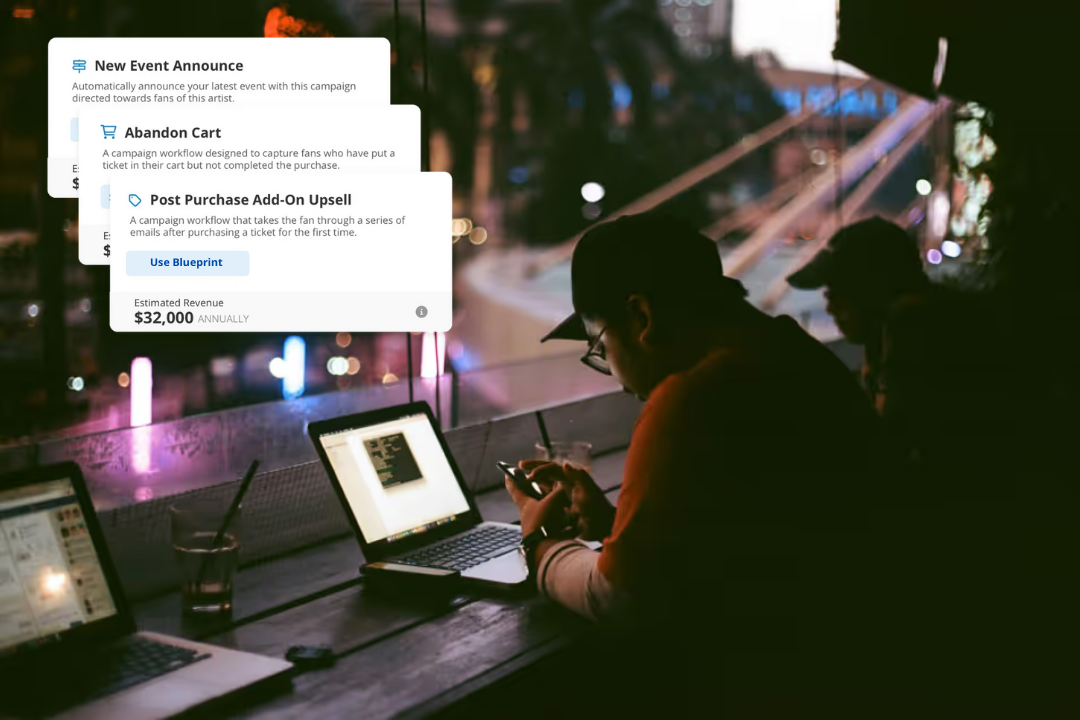.avif)
The live music industry has always required a delicate balance of risk and reward, but the volatility of recent years has tested even the most seasoned venue operators. For Steven Chilton, owner of the Rebel Lounge in Phoenix, adaptability is the key to survival. “Our job is to do what’s right for the artist,” Chilton shared during a recent panel, “and sometimes that means making tough calls on venue size, ticket prices, and even the type of audience we attract.”
The challenges of 2024 included everything from inflated ticket prices to audience fatigue after a heavy year of stadium tours. These factors have left independent venues grappling with uneven attendance and shrinking margins. As Chilton explained, “We’re not just competing with what’s happening down the street; we’re competing with whatever went on sale last Friday.”
This reality highlights the need for indie venues to go beyond traditional strategies and embrace innovative approaches to booking, marketing, and revenue generation.
One of the most important lessons Chilton shared was the importance of booking the right act for the right room. Overestimating an artist’s draw or inflating ticket prices can lead to devastating financial losses. “Bands are making decisions to jump to bigger rooms or charge higher prices without considering whether their audience will follow,” Chilton said. “It’s on us to push back and ensure the show makes sense for everyone involved.”
By carefully analyzing historical data, audience demographics, and market conditions, venues can make more informed decisions that minimize risk while maximizing potential rewards.
For Chilton, partnerships with other venues and promoters have been instrumental in maintaining the Rebel Lounge’s place in the market. Co-promoting shows and sharing insights about ticket sales or audience preferences can make the difference between a profitable event and a loss.
“I’d rather get cut in on a show than lose it altogether,” Chilton explained. “Collaboration allows us to spread the risk while keeping artists connected to the local market.” This approach not only supports independent venues but also strengthens relationships with agents and artist teams.
As operational costs continue to rise, indie venues must find new ways to generate revenue. For the Rebel Lounge, that has meant:
While the current environment remains challenging, Chilton is optimistic about the future. “The pendulum swings,” he said. “Right now, it’s tough, but the audience will come back to clubs and smaller venues. We just have to be ready to meet them where they are.”
.png)
